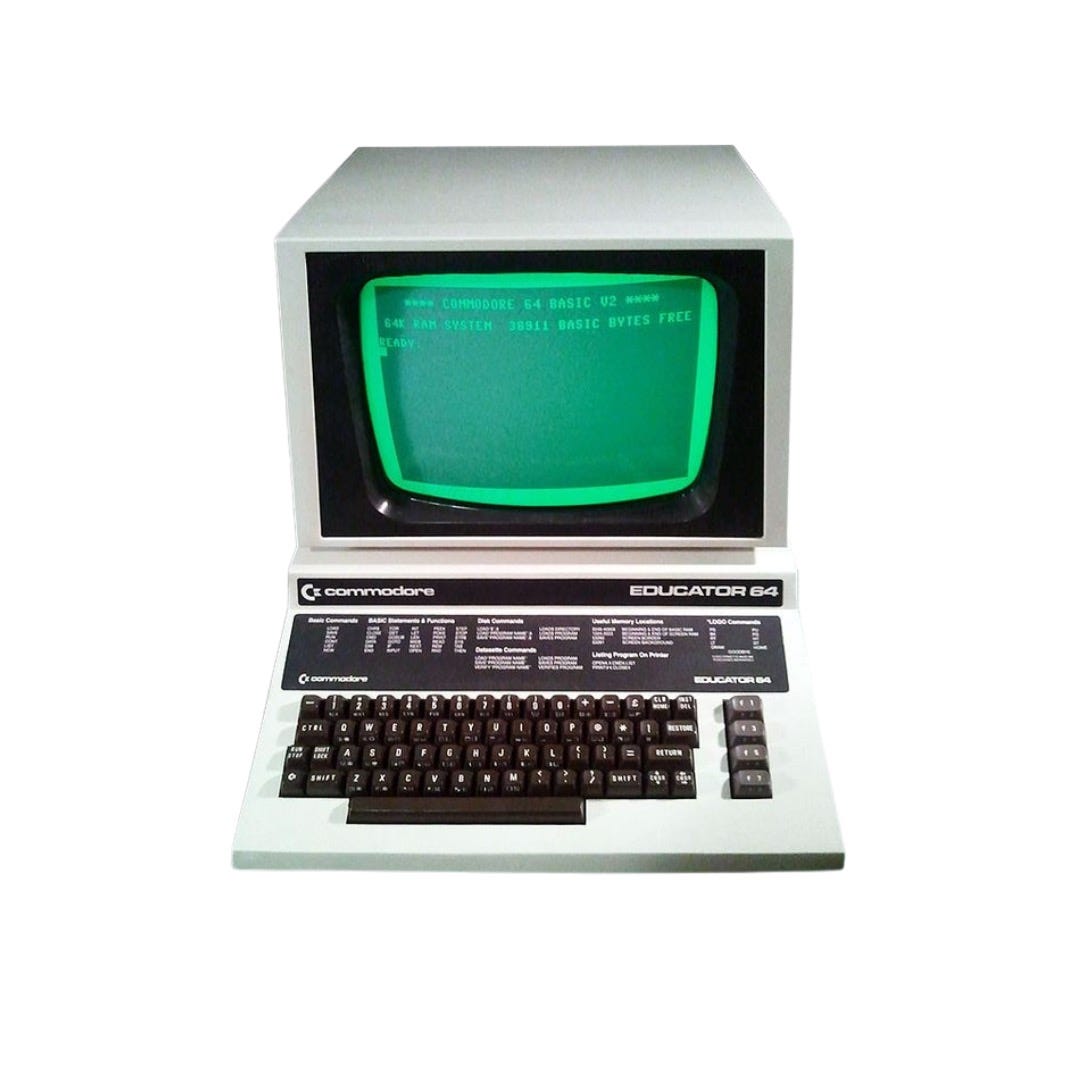A Prediction: The Rise of Glocal Internets
As someone who’s spent a lot of time thinking about the future and the way technology shapes our world, I’ve found myself wondering whether the internet, as we know it, might be heading for a significant transformation. I predict (I know I said I wouldn’t do this - times change) that in the not-so-distant future, we will see the return of localised internets, offering organisations a path away from the enshittified global web—a broken internet dominated by what I’ve called the “platfails” of the tech giants.
In many ways, this could be an atavistic move, taking us back to the internet’s early days, where smaller networks and niche online communities of experts thrived in pockets, untethered from the one-size-fits-all platforms that dictate our digital lives today. The relentless commercialisation of the internet has led to the prioritisation of content for clicks rather than quality or truth. As a result, we’re faced with a broken system, where misinformation and the chase for virality have taken precedence over meaningful engagement.
The concept of localised internets—smaller, organisation-driven networks with air gaps or specialised APIs —might sound counterintuitive at first. After all, isn’t the beauty of the internet its interconnected, global nature? While true in theory, in practice, this hyper-connectivity has brought with it a flood of noise, misinformation, and an erosion of trust in online spaces. A local internet would offer organisations the chance to reclaim control over their content, ensuring veracity, fostering a more authentic digital environment, and—perhaps most crucially—cultivating deeper, more meaningful interactions with their audiences.
(Image of my first experience of the internets)
This prediction of a return to local internets mirrors a broader trend we’ve seen in other industries. Take music, for example: the LP, once thought a relic of a bygone era, has made a remarkable comeback. Why? Because it offers an experience that streaming services can’t—tangible quality, curated content (a love a double album by a prog band), and a connection to the artist that feels real and grounded. Similarly, I believe local internets could offer organisations a way to break free from the algorithm-driven chaos and create spaces where truth, trust, and real engagement can flourish.
In a world drowning in information, organisations that can provide clarity, integrity, and control will stand out. Local internets won’t be a step backwards—they’ll be a step towards reclaiming the original promise of the internet: a place for connection, authenticity, and meaningful content.
As we look forward, it’s clear that the future of the internet won’t just be shaped by the tech giants. Organisations, and groups of individuals with their ability to build smaller, trusted networks, might just bring about a new age of the internet— GLOCAL INTERNETS.




